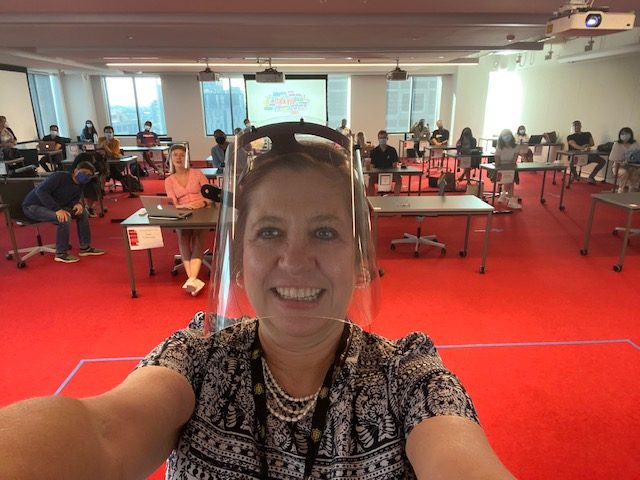
Women in Leadership and Education: Navigating the Path Forward
Leadership is an ongoing journey, one that requires resilience, adaptability, and a commitment to continuous growth. In a recent panel discussion, I had the opportunity to engage in a rich dialogue with other women leaders at Hult International Business School about the evolving role of women in leadership. Although we brought unique perspectives from different regions of the world, there were indeed some similarities. As we reflected on our experiences, several key themes emerged that resonate deeply with today’s challenges and opportunities.
1. Leadership is Not a Solo Journey
The belief of the lone leader is outdated. True leadership is cultivated through relationships, mentorship, and collaboration. Women who rise to leadership often do so because they have built strong support networks.
- Mentorship and sponsorship are critical for career growth—receiving and providing guidance.
- Collaboration, rather than competition, creates a stronger leadership pipeline for future generations.
- Seeking and nurturing diverse perspectives leads to better decision-making and innovation.
2. The Importance of Owning Your Expertise
Too often, women downplay their expertise or wait to be recognized rather than stepping forward. Leadership requires competence and the confidence to articulate and demonstrate that competence. Sometimes, this is easier said than done. Take one step at a time:
- Own your achievements—visibility matters in leadership.
- Speak with authority and clarity in high-stakes conversations.
- Impostor syndrome is common but can be countered by preparation, practice, and self-assurance.
3. Balancing Adaptability with Authenticity
Leaders must navigate change, but that doesn’t mean losing sight of their core values. Successful leadership requires adapting to new challenges while remaining true to one’s authentic self.
- Flexibility is a leadership strength, not a weakness.
- Authenticity builds trust and credibility with teams and stakeholders.
- Being open to learning and evolving ensures longevity in leadership roles.
Each panelist shared specific examples that showed how they navigated change in a deliberate and authentic way.
4. Systemic Change Requires Collective Action
While personal growth is essential, true equity in leadership cannot be achieved without systemic change. Organizations must actively work to dismantle barriers and create environments where women can thrive, including:
- Leadership development programs that prioritize diversity and inclusion.
- Policies that support work-life integration and not just work-life balance.
- Advocacy and allyship from all levels of an organization that drive lasting change.
What can we do?
Leaders at all organizational levels must commit to measurable actions, whether mentoring underrepresented talent, ensuring diverse voices are heard in decision-making, or holding organizations accountable for equitable policies. Change happens when advocacy turns into action.
“We should be looking at how we operate in an industry, and not as one dominated by one gender or another—but looking at where and how we approach the work that we do, in a way, that is meaningful and authentic, regardless of any of the differences among us.”
Hear the panel discussion:
https://www.linkedin.com/events/shapingthefuture-womeninleaders7301189648771411969/theater/
#LeadWiththeLight #GlobalLeaders #Hult




